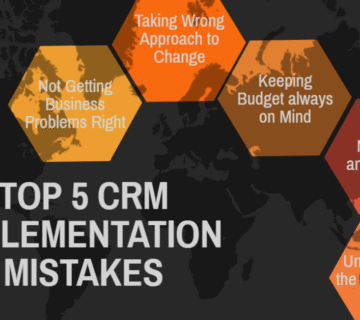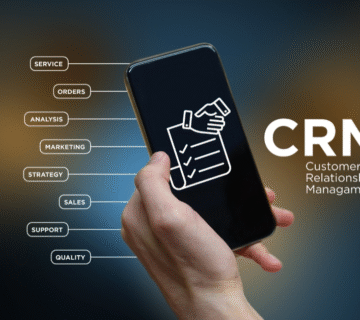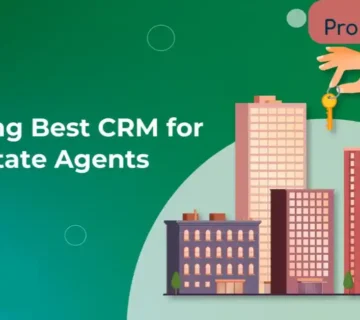A real estate company’s ability to succeed depends on a number of critical elements, the most significant of which is its capacity for client management and communication. Other critical components include experience and knowledge of the housing market.
Fortunately, you no longer need to rely on handwritten notes or spreadsheets to have all of your client information in one location, as was the case in the past. Maintaining positive relationships with your clients and consistently growing your clientele is harder said than done. Systems for managing customer relationships (CRM) have been created to make all client contacts in real estate, from the first outreach to the final closing, more straightforward and efficient. Real estate CRMs handle the details, making it simple for your staff to gather, organise, and locate customer data so you can concentrate on expanding your company.
So, what defines a top-notch real estate CRM, and how can you select the ideal one for your team of real estate professionals? We’ll look at the advantages of CRMs for the real estate sector in this blog post, as well as all the features and tools that make a quality CRM system stand out from the competition. We’ll wrap up with a step-by-step guide to assist you in selecting the best CRM for your requirements.
Defining Real Estate CRM
CRM: What is it? CRM stands for customer relationship management, and CRM systems are used to manage all lead and client communications in a variety of industries, including e-commerce and healthcare.CRMs designed for real estate companies meet the demands of real estate professionals by offering features and resources unique to the real estate sector.
Instead of simply recording the addresses, phone numbers, and emails of several clients, a top-notch real estate CRM would include areas that record other information useful for establishing a connection with the buyer or seller, like the buyer’s or seller’s marital status and pet name. Your group might stand out from the competition with the help of a real estate CRM.
Management of Transactions
To prevent expensive errors, real estate companies must monitor each transaction closely from the beginning. Checklists for each transaction are usually included in a real estate CRM to ensure that all the steps are finished before the deadline. Important document storage is another feature that some real estate CRM software provides. You may maintain organisation by using easy transaction management.
Monitoring of Time and Objectives
Calendars, to-do lists, and goal-tracking tools are common features found in real estate CRM systems that assist your real estate salespeople in staying organised. A CRM that leads the market in functionality will go above and beyond by including features like event type sorting, file attachments for calendar events, and the ability to make a sales process timeline.
Leads Generation
While it can be easy for a crucial email to get buried in your inbox, following up with clients is made simple with a solid real estate CRM. Deliver an exceptional customer experience to differentiate your real estate company from the competition and increase lead generation.
Divide and conquer is made possible by the fact that many real estate CRMs can automatically assign leads to various real estate agents on the team and sort leads from various marketing efforts.
Make a Financial Plan
Once you have decided which features you need in a real estate CRM, it’s time to plan a budget that will work for your company and provide you with a profit. There are several free or inexpensive CRM choices, even if more complex CRM systems are typically more expensive. Thankfully, there are several affordable real estate CRMs available, even though some of the better ones need payment. Monthly and annual fees are the most popular options for realtor CRM software.
 +971 457 13703
+971 457 13703






No comment